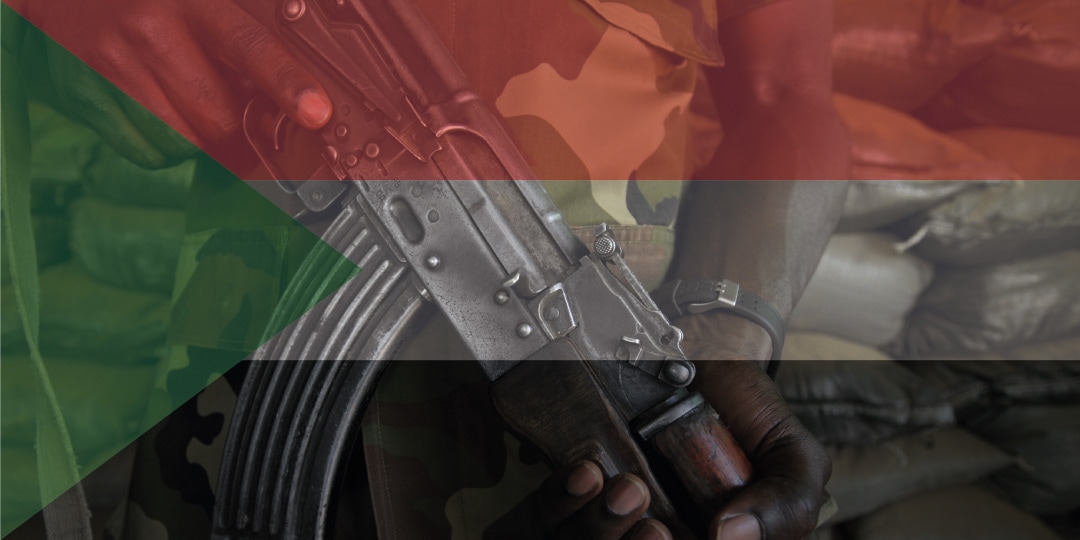On April 15, fighting broke out between the Sudanese army, under military coup leader General Abdel Fattah al-Burhan, and the paramilitary Rapid Support Forces (RSF), descendant of Darfur’s feared ‘Janjaweed’, under Mohammed Hamdan Dagalo ‘Himedti’.
Since then, hundreds of people have been killed across the country and hundreds of thousands displaced. With the capital, Khartoum, severely affected and emptied of most people who had the means to leave, the economy is paralysed and the long-promised transition to civilian rule is a very distant prospect. Having evacuated most of their nationals, the wider international community is left without a plan.
Meanwhile, Sudan’s regional neighbours are increasingly worried about the implications. Egypt, Burhan’s key backer, has seen a massive refugee influx and will fear the impact of the crisis on its dispute over Nile waters with Ethiopia. As fighting mounts in Darfur, nearby Chad, Libya and the Central African Republic (CAR) face serious spill-over risks. Across the Red Sea, Saudi Arabia and the United Arab Emirates (UAE), which have engaged heavily in Sudan in recent years, look to protect their economic and political investments.
Download our latest white paper to understand the likely developments in Sudan’s devastating conflict for the warring parties, the civilian population, as well as regional and international implications. How are foreign powers involved and what kind of settlement could they promote? And could the war lead to wider fallout and possible destabilisation across the Sahel?


